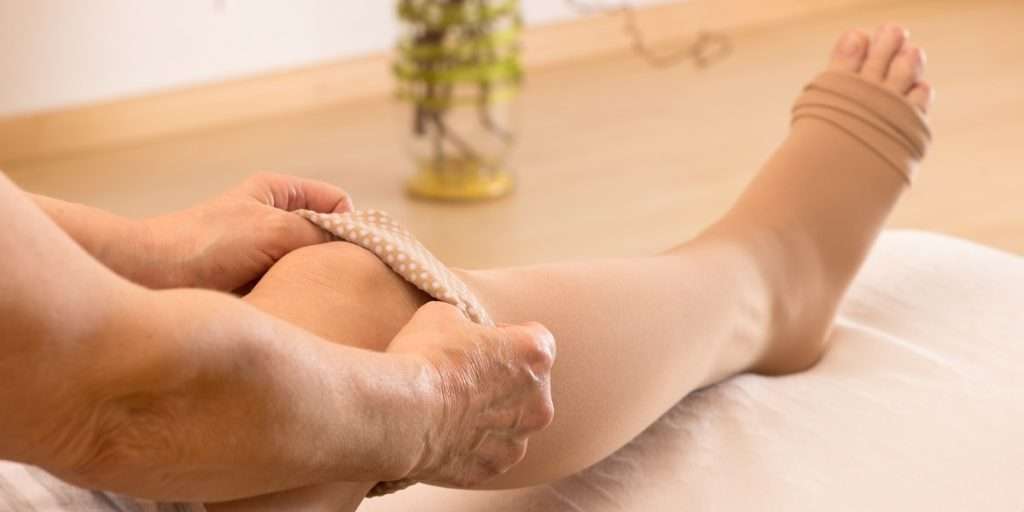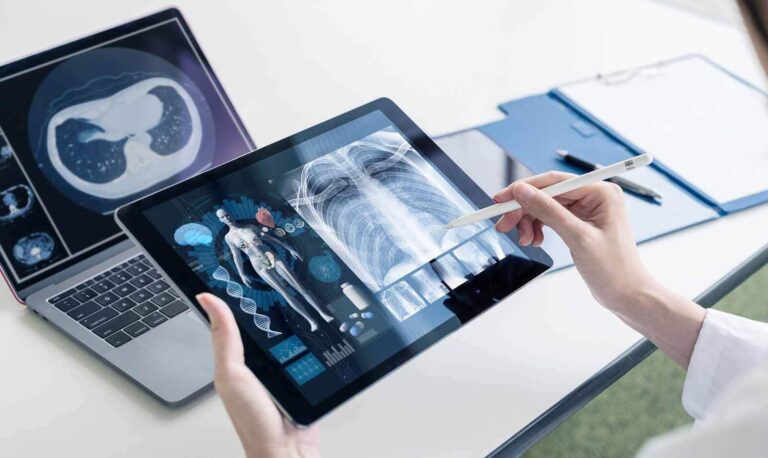Vascular health plays a crucial role in overall well-being. Poor circulation and conditions like varicose veins can affect daily life, causing discomfort and long-term complications. Fortunately, modern vascular treatment offers effective solutions for managing these issues. This article explores how vascular treatment can improve circulation, reduce symptoms, and enhance quality of life for individuals dealing with vascular problems.
Understanding Varicose Veins and Circulation Problems
Varicose veins are swollen, twisted veins that usually appear in the legs. They occur when the valves in the veins fail to work properly, causing blood to pool instead of flowing smoothly toward the heart. This can lead to pain, heaviness, and visible bulging veins. Circulation problems, on the other hand, may involve poor blood flow, which can affect various parts of the body and lead to fatigue, swelling, and even skin changes. Understanding the root cause of these issues is the first step toward effective management through vascular treatment.
The Role of Vascular Treatment
Vascular treatment focuses on diagnosing and treating disorders of the blood vessels, including veins and arteries. Medical professionals use a combination of advanced imaging, lifestyle recommendations, and procedural interventions to address problems. Vascular treatment aims to restore proper blood flow, reduce pain, and prevent complications such as blood clots or skin ulcers. By targeting the underlying causes rather than just the symptoms, vascular treatment offers a long-term solution for patients.
Common Vascular Treatment Methods
Several vascular treatment options are available depending on the severity of the condition. Non-invasive approaches often include compression therapy, lifestyle changes, and medication to improve circulation. For varicose veins that are more pronounced, minimally invasive procedures such as endovenous laser therapy, sclerotherapy, or radiofrequency ablation may be recommended. These treatments work by closing off or removing damaged veins, allowing blood to reroute through healthier vessels. In some cases, surgical interventions may be necessary, but modern vascular treatment often emphasizes less invasive methods that reduce recovery time and improve patient comfort.
Benefits of Vascular Treatment
One of the main benefits of vascular treatment is symptom relief. Patients often experience reduced pain, swelling, and heaviness in their legs. Vascular treatment also improves the appearance of veins, which can boost confidence and encourage a more active lifestyle. Moreover, effective management of circulation problems reduces the risk of serious complications such as blood clots or skin ulcers. With proper vascular treatment, patients can regain mobility, increase energy levels, and maintain better overall vascular health.
Supporting Lifestyle Changes
While vascular treatment addresses medical issues directly, lifestyle changes complement the effectiveness of these treatments. Regular exercise, a balanced diet, maintaining a healthy weight, and avoiding prolonged periods of sitting or standing can enhance circulation and prevent the worsening of varicose veins. Vascular specialists often provide personalized guidance to help patients adopt habits that support long-term vascular health. Combining medical interventions with these lifestyle adjustments ensures the best possible outcomes.
When to Seek Vascular Treatment
It is important to consult a vascular specialist if you notice symptoms like swollen, painful veins, leg fatigue, or changes in skin color. Early evaluation allows for timely intervention and reduces the risk of complications. Vascular treatment is most effective when started early, as it can prevent minor issues from becoming more severe and improve the overall quality of life.
Conclusion
Vascular treatment plays a vital role in managing varicose veins and circulation issues. By addressing the root causes of poor blood flow and damaged veins, these treatments relieve discomfort, enhance mobility, and prevent serious health complications. Combining medical interventions with healthy lifestyle choices ensures long-lasting results and better vascular health. If you experience signs of circulation problems or varicose veins, seeking vascular treatment can help you take control of your vascular health and maintain an active, comfortable lifestyle.









